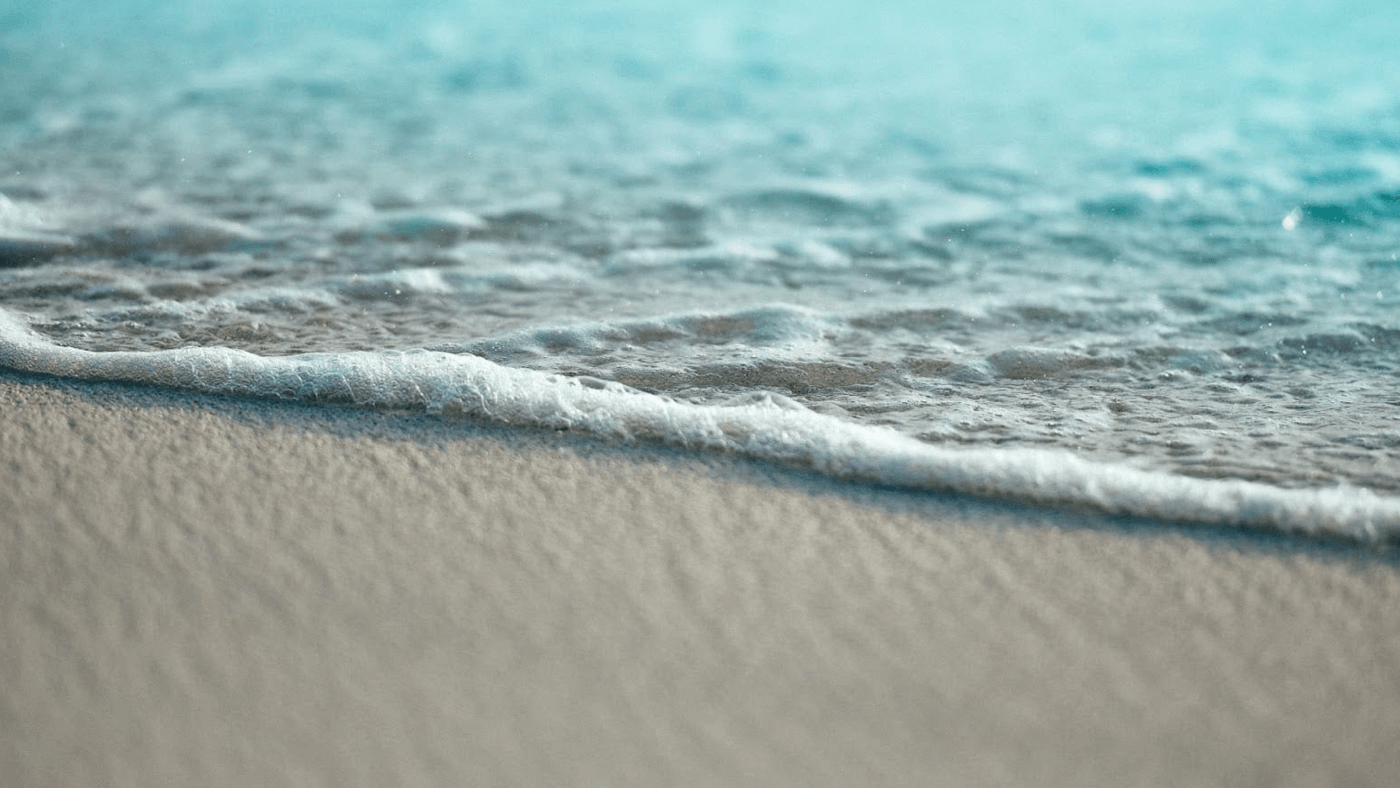The ocean produces more than 50% of the planet’s oxygen, making it a vital source of life to every organism on Earth – aka YOU! This World Oceans Day we want to share some (easy!) actionable things you can do to prevent further damage to our oceans and be as ocean-positive as can be, because we’re all interconnected!
1. Swap traditional sunscreen for an ocean-friendly option
Research has found that some of the main chemicals used in mainstream sunscreens are harmful to corals, algae, and other marine life. One of the main culprits is unfortunately found in over 3,500 sun products: Oxybenzone (Benzophenone-3) and other chemicals have wiped out entire coral reef systems. This does NOT mean you have to skip the sunscreen! Just avoid any with the ingredients below (screenshot for your next store run!):
- Oxybenzone
- Benzophenone-1
- Benzophenone-8
- OD-PABA
- 4-Methylbenzylidene camphor
- 3-Benzylidene camphor
- Octinoxate
- Octocrylene
Avoid chemical sunscreens and go for 100% mineral ones. Some SGSY favorites include Coola, Bare Republic, and Raw Elements.
2. Swap out your seafood for a plant-based option
The Environmental Defense Fund states “Of all the threats facing the oceans today, overfishing takes the greatest toll on sea life — and people.” Shifting some (or all!) of your seafood-based meals to plant-based protein sources is an easy way to make an impact right from your kitchen! Products that can help make this transition easier: Beleaf, Good Catch, Loma Linda, New Wave Foods.
- Reduce unnecessary waste in your home
- Use a reusable water bottle. Ocean plastic is a big problem and bottled water is completely unnecessary in 99% of situations. This is a non-negotiable at So Good So You. Carrying a reusable water bottle cuts plastic use and reminds you to stay hydrated throughout the day. And because a cool water bottle is the “it” accessory for the eco-conscious, we highly recommend finding a water bottle to match your style!
- Ditch the straws. We’ve all seen the horrifying images and videos of fish, turtles and other marine life injured and killed by this type of waste ending up in oceans. If you love straws, buy stainless, glass or BPA-free reusable plastic ones.
- Speaking of those cute turtles… take the extra 2 seconds and if you are a canned beverage consumer, cut up the plastic rings that hold your cans. Similarly, cut the plastic rings around the neck of all beverage bottles (this is the ring left when you open a tamper-evident beverage top, including our shots.) Cutting the rings means that if that piece of trash does end up in the ocean, it is less likely to get caught on and injure marine life.
3. If you are able to: Donate!
This does not have to be money; a donation of your time is equally valuable. Head out to your local beach and pick up trash, or maybe spend some time educating those around you about changes they could make to better the planet. If you do have the ability to donate money to an organization focused on supporting the health of our oceans, here are a few we recommend that have a score of 85+ on Charity Navigator:
Oceana (95) Founded in 2001, Oceana is the largest international group focused solely on ocean conservation. Our offices in North America, South America and Europe, work together on a limited number of strategic, directed campaigns to achieve measurable outcomes that will help return our oceans to former levels of abundance. We believe in the importance of science in identifying problems and solutions. Our scientists lead our team of economists, lawyers, and advocates focused on achieving tangible results for the oceans. Saving the oceans may take decades, but in each of our campaigns we aim to accomplish an important milestone in that effort within two to five years.
Ocean Conservancy (94) The Ocean Conservancy focuses on long-term solutions for healthy oceans, wildlife, and coastal communities. The conservancy’s current programs include supporting sustainable fisheries, working to combat ocean acidification, and restoring the Gulf of Mexico. And for over 30 years, the Ocean Conservancy has been hosting the International Coastal Cleanup, which brings together millions of volunteers to remove trash from beaches around the world.
The Environmental Defense Fund (86) With focuses on climate, oceans, ecosystems, and health, the Environmental Defense Fund is one of the world’s largest environmental organizations, with offices in more than 15 countries. One of the organization’s goals is to curb overfishing and start sustainable fishing models in the 12 countries that make up 62 percent of the global fish catch. The EDF works directly with fishing communities to provide transitional and financial support.
Have you made a change lately with the ocean in mind? Let us know below!
If you would like to learn more about So Good So You’s sustainability practices click here. Need a restock on your favorite shots for you next beach day? Find a store near you.

